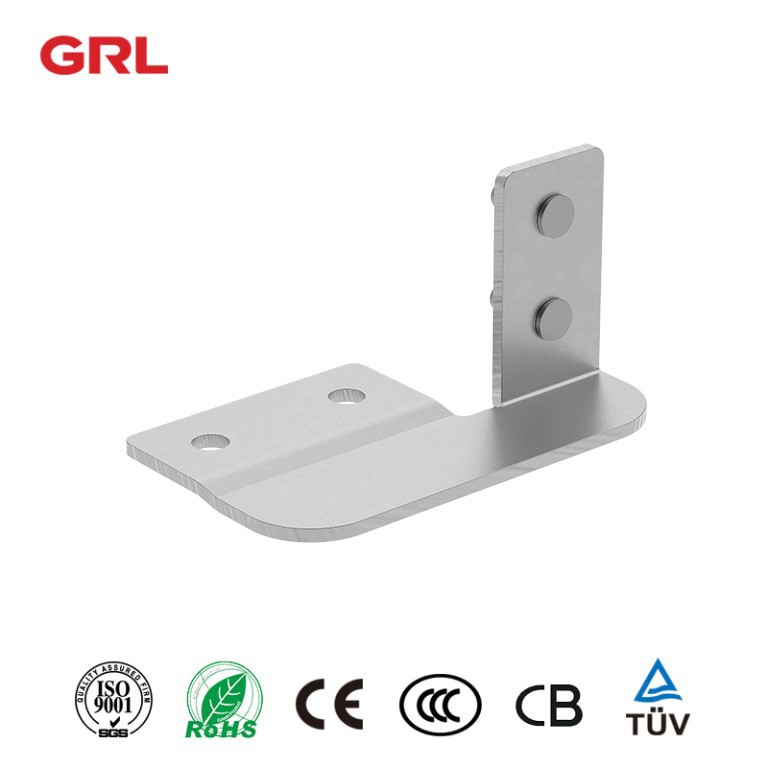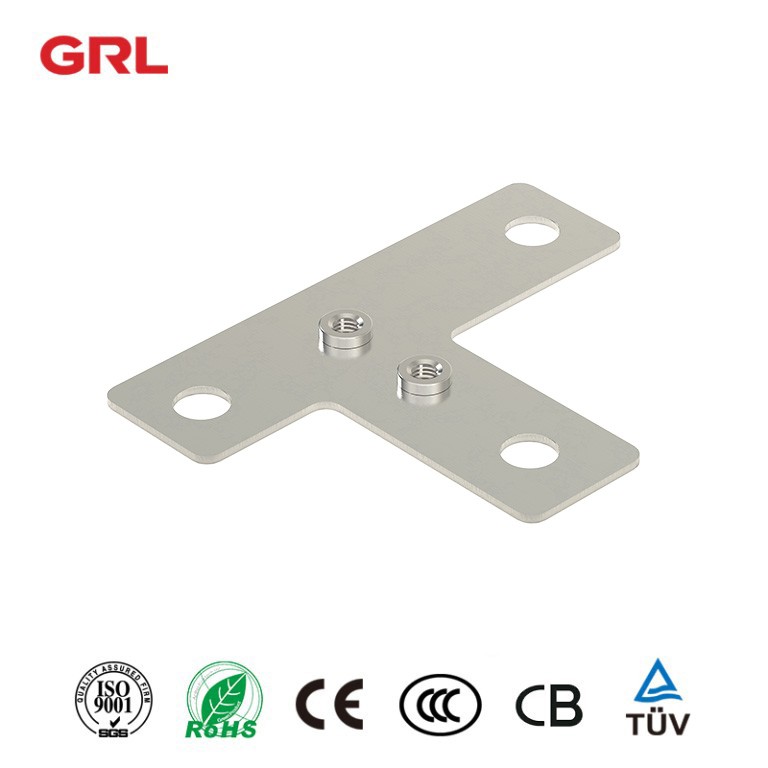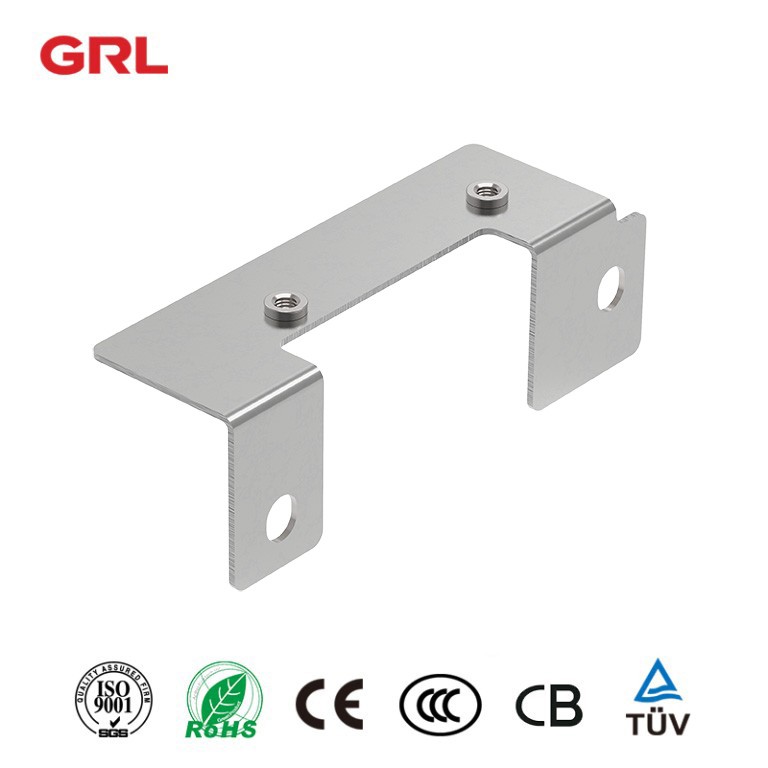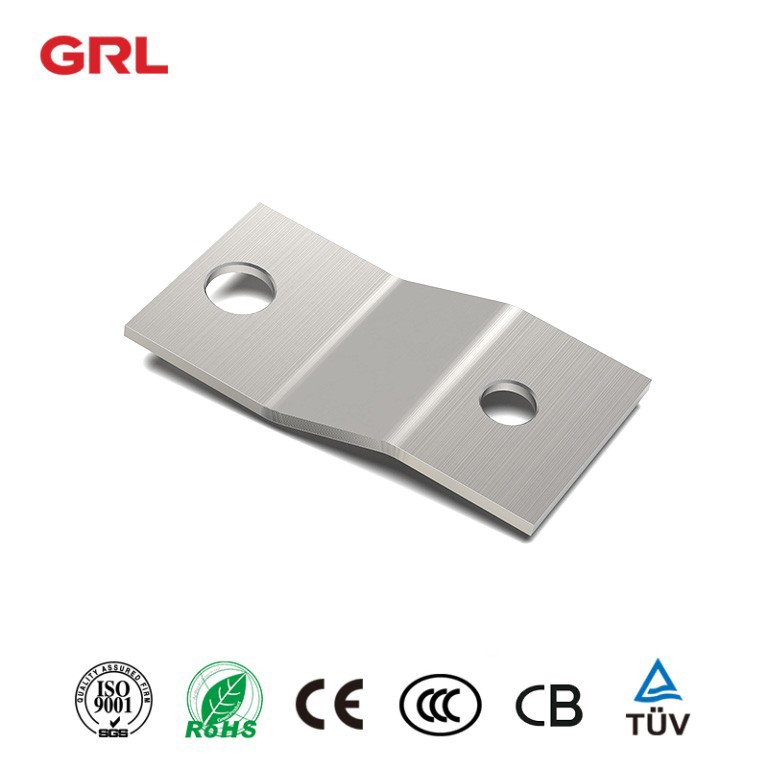What is a bare copper busbar?
At its core, a bare copper busbar is a solid metal strip or bar typically made from high-purity copper, renowned for its excellent electrical conductivity.
They come in various shapes and configurations, including flat, rectangular, round, and even tubular profiles, each tailored to specific voltage and current requirements.
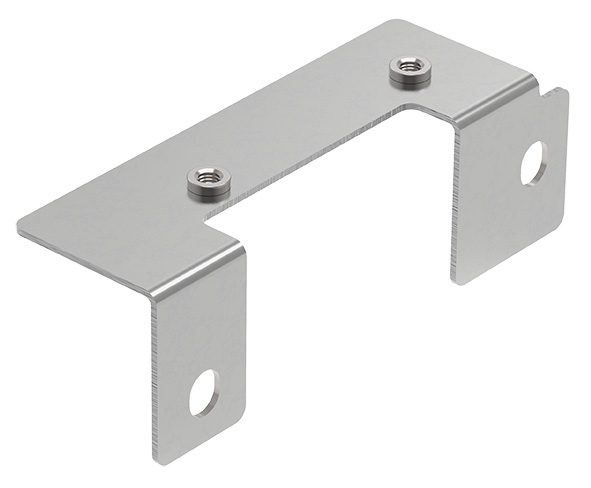
Technical Parameter of bare copper busbar
Material: T2 copper foil, copper content >99.95% Single piece thickness: 0.03mm
0.05mm
0.10mm(regular)
0.20mm
0.30mm
0.40mm
0.50mm
Single piece thickness (conventional 0.10mm)
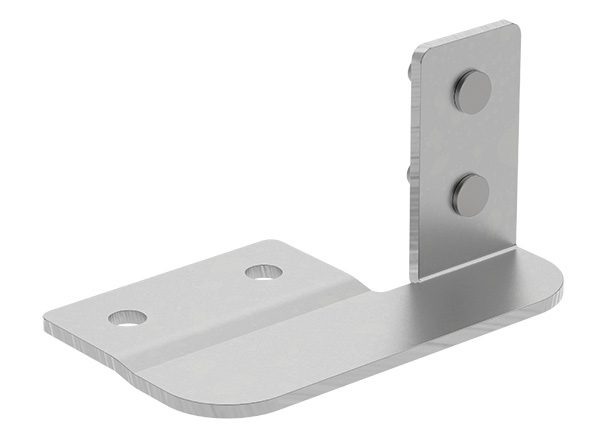
Structure of bare copper busbar
According to customer requirements, the upper and lower sides of the copper foil soft connection can be pasted with nickel or silver sheets.
In addition to better anti-oxidation and anti-corrosion properties, this copper foil soft connection can avoid the hidden danger of steel corrosion caused by residual electrical key fluid.
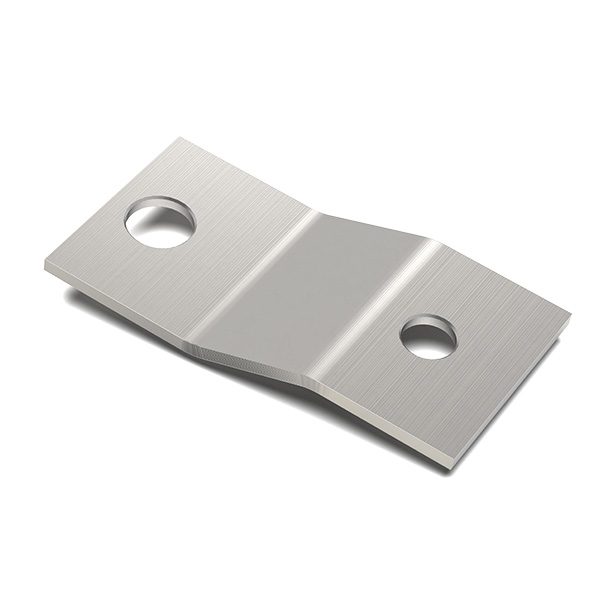
Featrues of bare copper busbar
1、Excellent quality with very high electrical conductivity stability, formability and close tolerance
2、Highest possible thermal conductivity
3、Great for crafts and DIY projects.
4、Good abrasion resistance and resistance to substances such as oil,solvents and chemicals: PVC Insulation that can withstand heats of up to 80 degrees C.
5、Easy handling,stripping,and termination: Low-fray design.
6、Insulation: PVC .010″.Voltage Rating: 300 Volts,Flame retardant: VW-1.
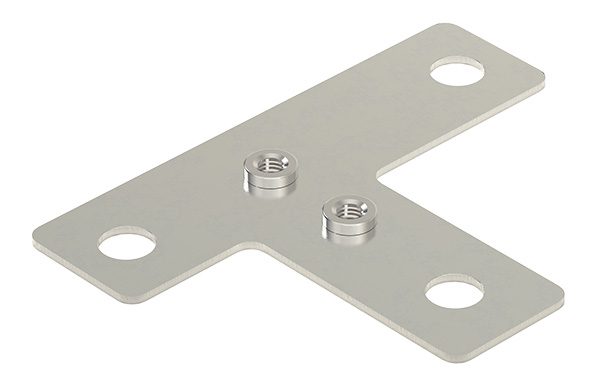
Advantages of bare copper busbar
Unmatched Electrical Conductivity
At the heart of the bare copper busbar bar’s appeal is its exceptional electrical conductivity. Copper stands as one of the best conductors of electricity, second only to silver, making it an ideal choice for minimizing energy loss during transmission.
This inherent property of copper allows busbar copper bars to handle high current loads efficiently, ensuring that your systems operate at peak performance with optimal energy usage.

Superior Heat Dissipation
Copper’s excellent thermal conductivity not only aids in the efficient distribution of electricity but also in the rapid dissipation of heat generated during operation.
This characteristic significantly reduces the risk of overheating and potential system failures, ensuring a longer lifespan for your electrical installations.
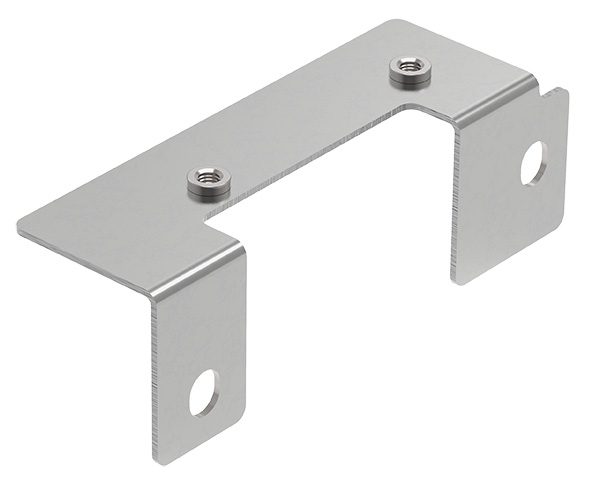
Flexibility and Customization
They can be customized to fit a wide range of applications and configurations, from compact electronic devices to large-scale industrial power systems.
Whether it’s bending, cutting, or drilling, busbar copper bars can be tailored to meet the specific requirements of any electrical infrastructure, providing a flexible solution that adapts to your needs.

Durability and Reliability
Durability is where busbar copper bars truly shine.
This durability ensures that the bars can withstand harsh environments and extreme conditions, maintaining their performance over time and reducing the need for frequent replacements or maintenance.
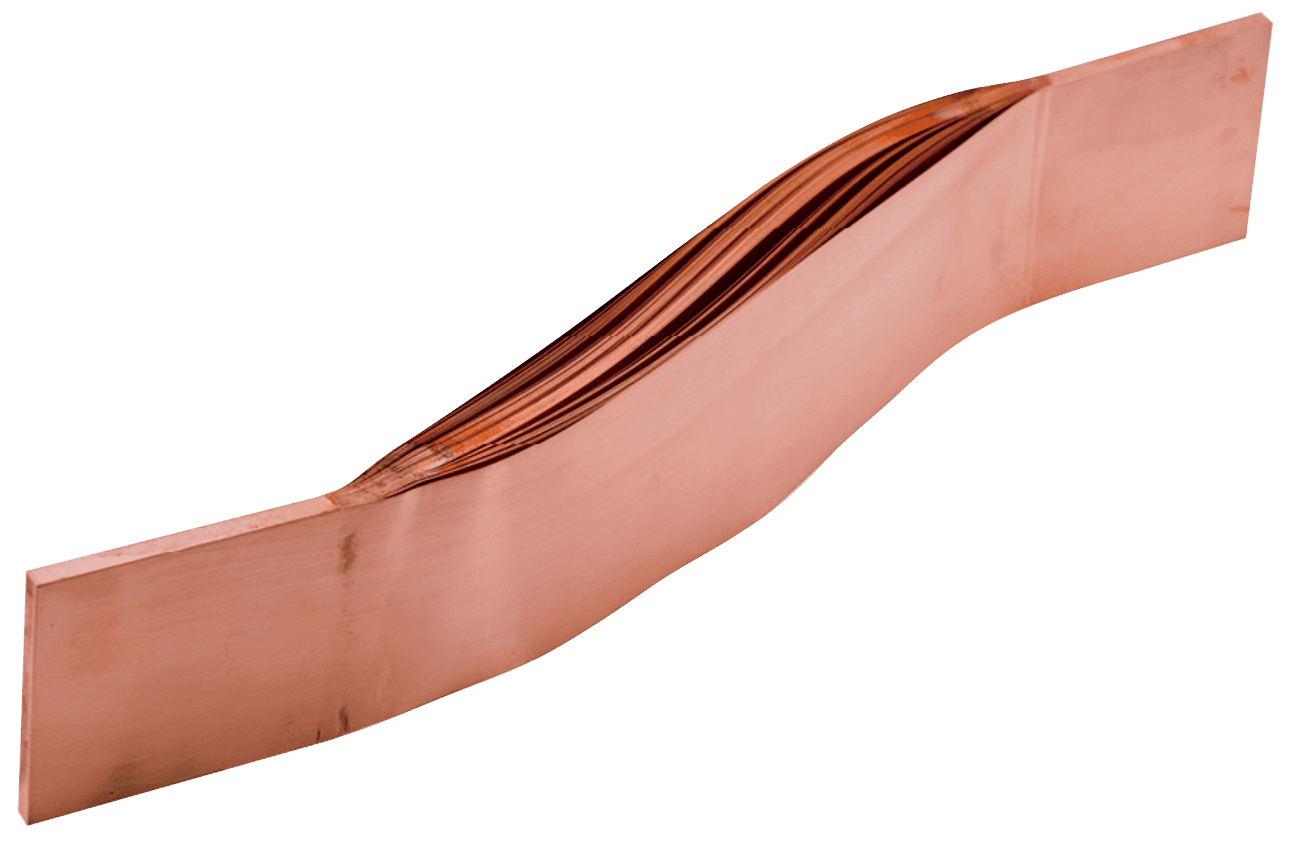
Cost-Effectiveness
Their efficiency in power distribution leads to lower energy losses and reduced operational costs.
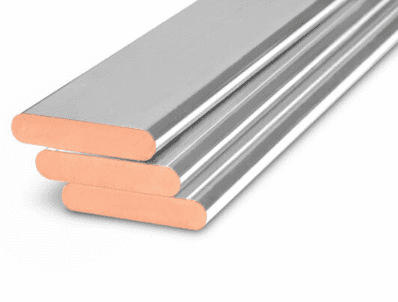
Understanding the Differences Between Copper and Aluminum Busbars
In the realm of electrical engineering, the choice of materials for busbars plays a crucial role in determining the efficiency, reliability, and cost-effectiveness of electrical systems.
Among the most commonly used materials for busbars are copper and aluminum, each offering unique advantages and considerations.
In this article, we delve into the differences between copper and aluminum busbars, exploring their properties, applications, and implications for electrical infrastructure.
Conductivity and Efficiency:
One of the primary considerations when comparing copper and aluminum busbars is their electrical conductivity.
Copper boasts significantly higher conductivity than aluminum, making it the preferred choice for applications where low resistance and efficient power transmission are paramount.
Bare copper busbar minimize energy losses and voltage drops, ensuring that electricity reaches its destination with maximum efficiency.
In contrast, aluminum busbars have lower conductivity, resulting in higher resistance and increased energy losses, particularly over long distances or under high current loads.
Mechanical Strength and Durability:
In terms of mechanical strength and durability, copper busbars outperform aluminum counterparts.
Copper is inherently stronger and more resilient than aluminum, with greater resistance to mechanical stress, vibrations, and thermal expansion.
This durability ensures long-term reliability in demanding environments, reducing the risk of deformation or breakage during operation.
Aluminum busbars, while lighter in weight, may require additional reinforcement or support to withstand mechanical forces, particularly in high-vibration or high-temperature environments.
Corrosion Resistance:
Another important consideration is the corrosion resistance of ground busbar copper and aluminum busbars.
Copper exhibits excellent corrosion resistance, making it suitable for use in a wide range of indoor and outdoor applications, even in harsh environments.
Aluminum, however, is more prone to corrosion, particularly in acidic or salty conditions. Proper insulation and protective coatings may be necessary to mitigate the risk of corrosion and ensure the longevity of aluminum busbars in corrosive environments.
Cost Considerations:
Cost is often a determining factor in the choice between copper and aluminum busbars.
While copper busbars offer superior conductivity and durability, they also tend to be more expensive than aluminum busbars.
Aluminum, on the other hand, is more cost-effective in terms of material and manufacturing costs. Additionally, aluminum busbars are lighter in weight, reducing transportation and installation expenses.
However, it’s essential to weigh the upfront cost against the long-term performance and reliability benefits of copper busbars, particularly in critical or high-demand applications where efficiency and durability are paramount.
Applications and Considerations:
The choice between copper and aluminum busbars depends on the specific requirements and considerations of each application.
Copper busbars are commonly used in high-demand applications where efficiency, reliability, and longevity are critical, such as power distribution in industrial facilities, data centers, and renewable energy systems.
Aluminum busbars, on the other hand, may be preferred in applications where cost-effectiveness and lightweight construction are prioritized, such as residential electrical panels and automotive systems.
Conclusion:
In conclusion, the choice between copper and aluminum busbars involves a careful consideration of conductivity, mechanical strength, corrosion resistance, cost, and application requirements.
While copper busbars offer superior conductivity, durability, and corrosion resistance, they also tend to be more expensive than aluminum busbars.
Ultimately, the decision should be based on the specific needs and priorities of each application, balancing performance, reliability, and cost-effectiveness to ensure optimal functionality and efficiency in electrical infrastructure.
leave your question
Get your Comfortable Solution
![]()
GRL Electric Co., Ltd. is one of the leading companies in the Middle And High End market of low-voltage electric in China

